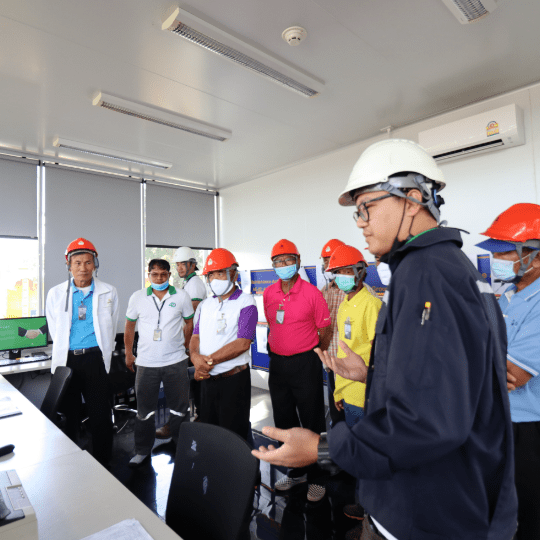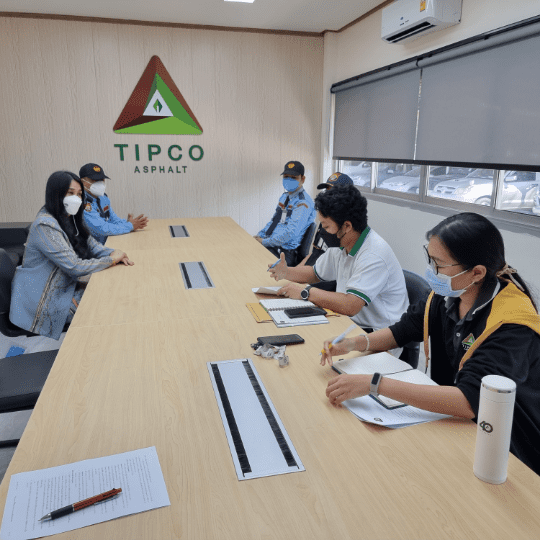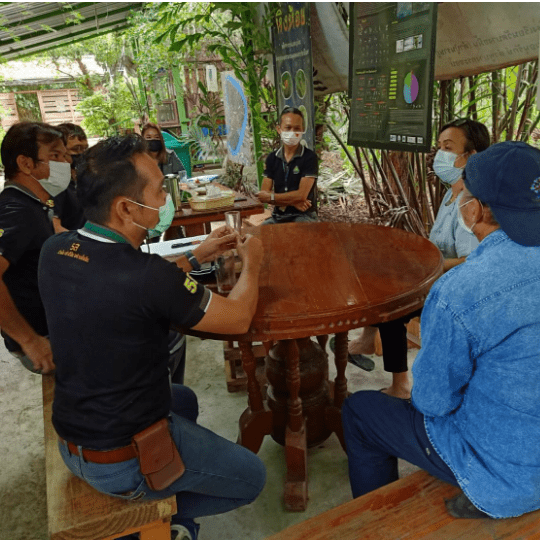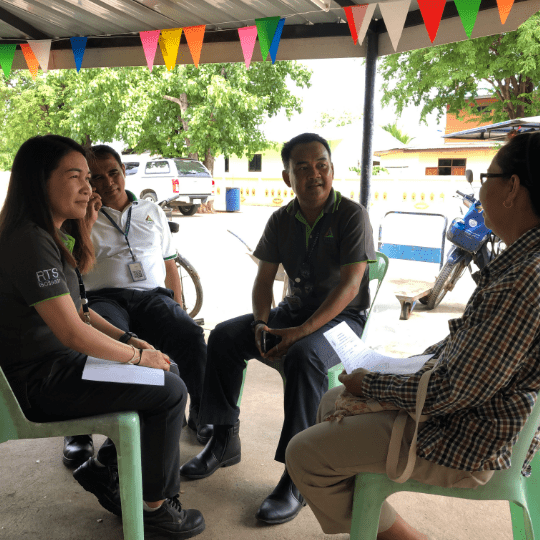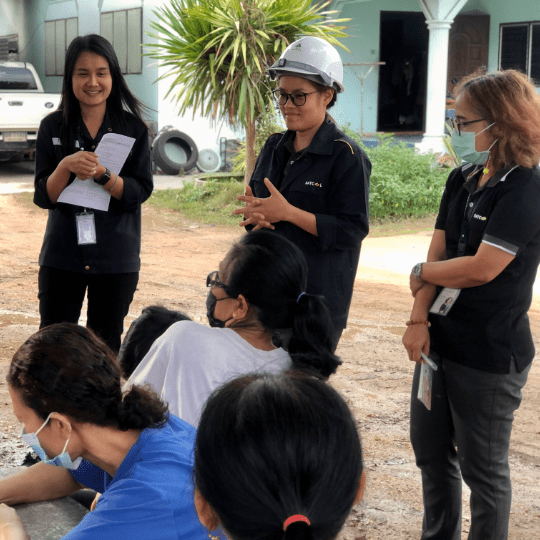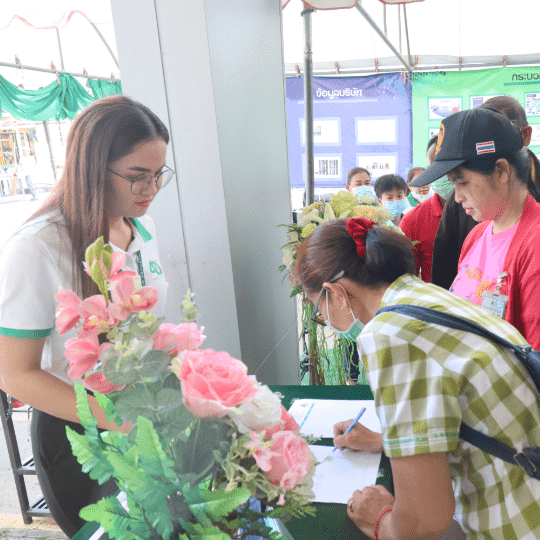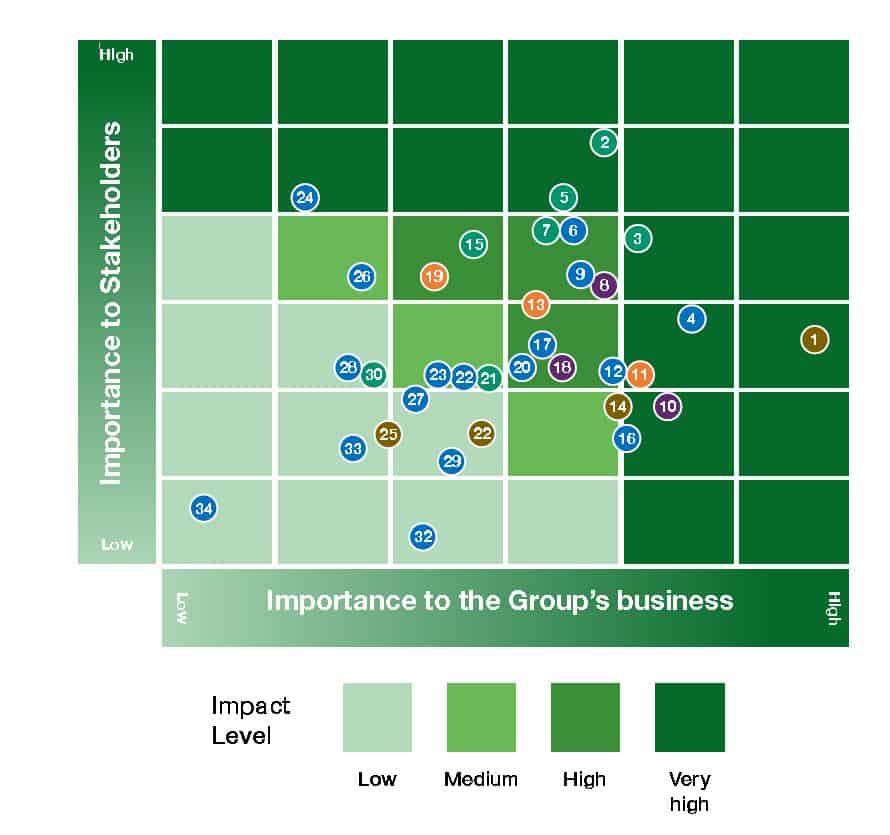Stakeholder Engagement
In order to successfully establish strong sustainable development framework, TIPCO Asphalt Group must understand and recognize mutual relationship and inter-dependencies between our businesses and related stakeholders, with high considerations to economic, social and environment. The Group’s business operations must respond to related stakeholder’s objectives and expectations. During SD framework development , the Group conducted a study on all stakeholders across our business value chain ,followed by Stakeholder Engagement activities. These allow our business operations to minimize potential adverse impacts while encouraging cooperation and creating shared values between the Group and related stakeholders and granted “license to operate” without their objections.
Policy : Stakeholder Engagement Policy
